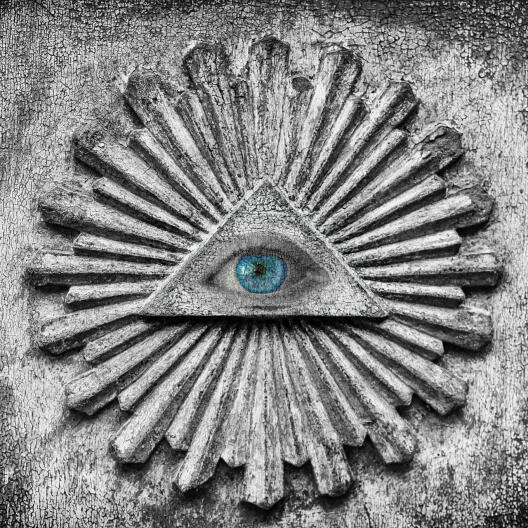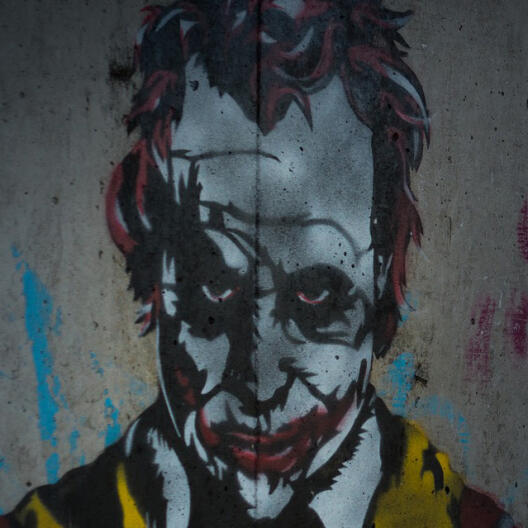Conspiracy theories in competition with religion and science
Dossier “Religion and conspiracy theories in the time of the corona epidemic”
Conspiracy theories seem like prophecies of doom, but do they also offer visions of redemption? They explain the crisis with seemingly rational constructions, but do they also allow themselves to be tested empirically? In the third part, we are interested in structural analogies between conspiracy theories, religion, science, and other interpretations of the world, but also in the differences between them. There are signs that conspiracy theories do indeed meet with interest on the fringes of religious communities. But it would also be interesting to examine what possible affinities exist between conspiracy theories and scientific analyses.






